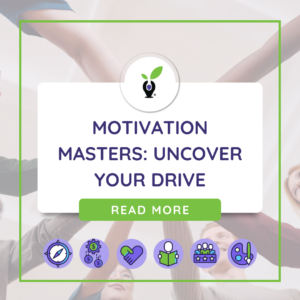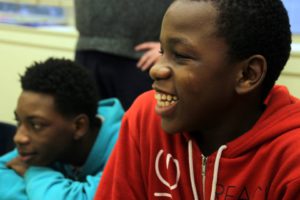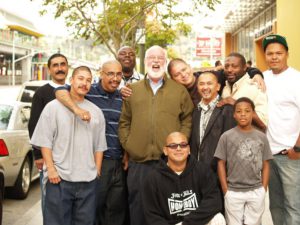
Motivation Masters: Uncover Your Drive
Motivators are the driving force behind what truly matters to you. They ignite your passion for learning, touch your heart, and fuel your excitement. When

Motivators are the driving force behind what truly matters to you. They ignite your passion for learning, touch your heart, and fuel your excitement. When

Personalized classroom management strategies help meet individual student needs, fostering a positive learning environment, increasing motivation, and leading to better student performance. Understanding a student’s
We’re so excited! Long time friend of Indigo, Ulcca Hansen, just released her book, The Future of Smart. It’s a must read for anyone interested

In his book, The End of Average: How We Succeed in a World That Values Sameness, Harvard scientist Dr. Todd Rose examines the idea that there is no average person and that by ignoring individual differences – and what makes us each distinctive – we overlook potential and talent. The End of Average not only shows that there is no average person but also demonstrates the importance of nurturing traits that define each of us

In the job world of the 21st century, a degree can seem like a prerequisite to starting a career. The degrees are requiring more and more schooling, and the competition drives students to search out bachelors, masters, and doctorate degrees. But many students don’t have the time, the resources, or…..

Homeboy Industries – A Story of Redemption February 28th 2016, Written by Nathan Robertson I’ve heard it said before that one of the most humbling
aesthetic AI asking awards college fits Communication compliance continuous learning creativity DISC dominance Education empathy Empowering Educators FBLA future of education goals Indigo Indigo Assessment Indigo Data Indigo Education Company individualistic influencing leadership LearnLaunch Listening mentoring Motivators Partners Peak to Peak High School Personalized Learning persuasion planning Podcasts Professional Development self-awareness social soft skills Speaking Engagement steadiness team Teamwork theoretical TTI utilitarian